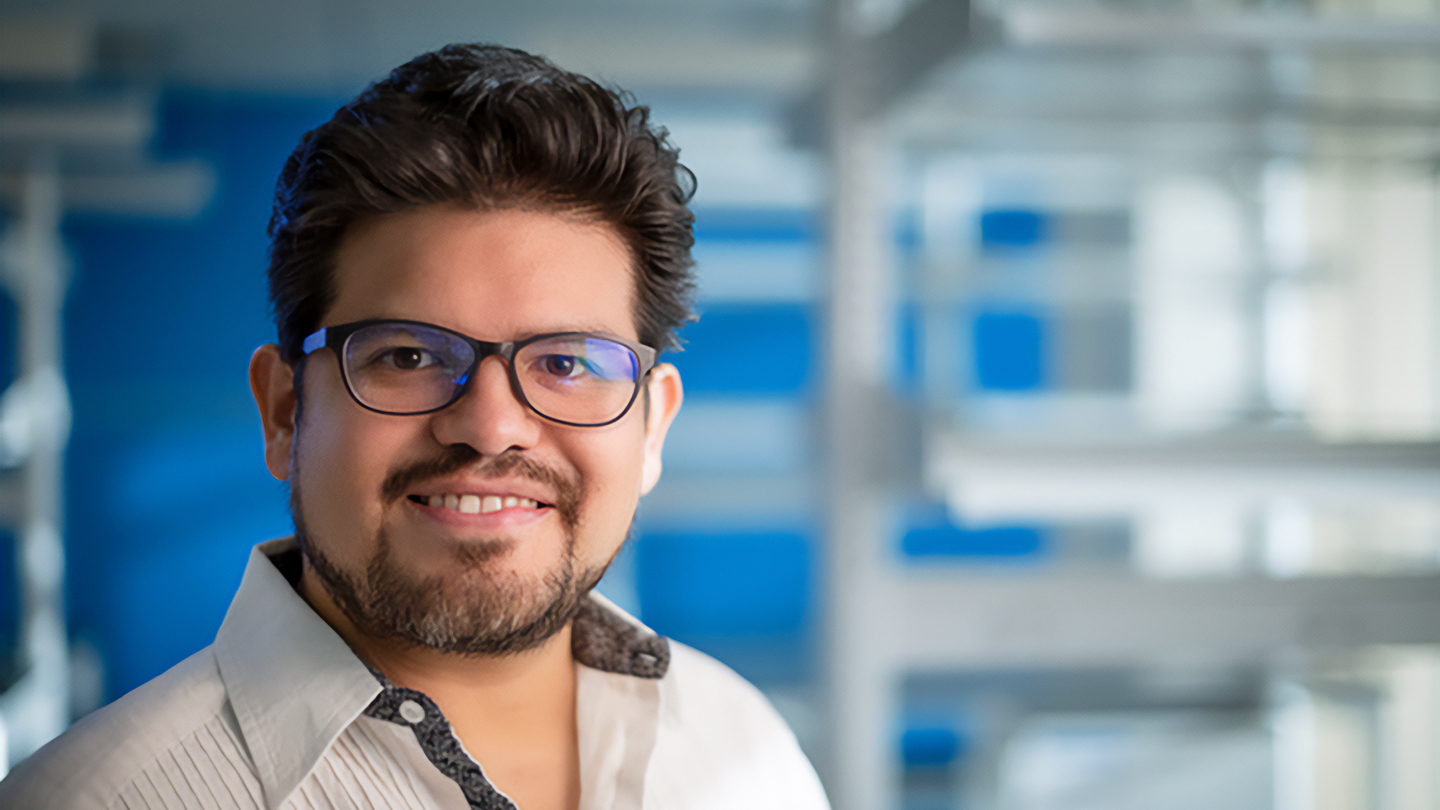Smallpox, measles, mumps. These are among the contagious diseases that European colonists likely brought to the Americas at the turn of the 16th century, prompting the collapse of Indigenous populations. But the exact viruses that caused the millions of deaths remain unknown.
“Our research on ancient viruses is really appealing to the curiosity of the people and how we can study history,” Blanco-Melo says. But this work also holds personal meaning for Blanco-Melo as someone who was born and raised in Mexico. Through genetic sleuthing, he is able to study “something that is very dear in my heart,” he says, “really understanding, with molecular biology, those historical events.”
Blanco-Melo’s obsession with viruses bloomed in high school when he had a chance encounter with Matt Ridley’s book Genome. Blanco-Melo had bought it as a Father’s Day gift for his dad but ended up reading it himself. Later, with encouragement from his biology teacher, he enrolled in an undergraduate program in genomics at the National Autonomous University of Mexico, or UNAM, campus in Cuernavaca.
He had his first encounter with ancient viruses as a Ph.D. student at the Rockefeller University in New York City. His research focused on particular viruses called endogenous retroviruses, remnants of past infectious viruses that have become integrated into a host’s genetic instruction book.
2023-11-14 09:00:00
Post from www.sciencenews.org
